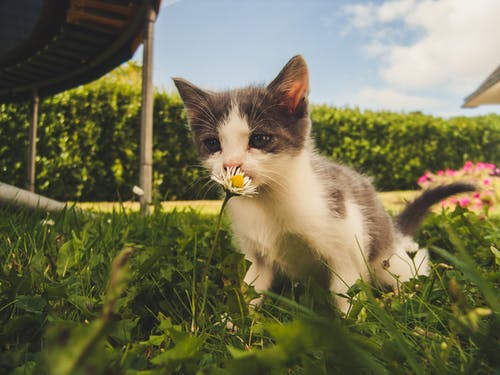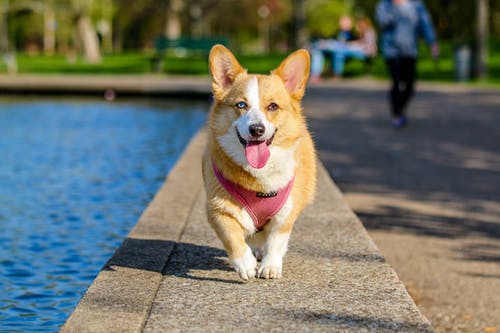You’ll want your older dog to become as comfortable as possible while you enjoy your time together as they enter their golden years. Their physical and mental abilities will probably change. They may no longer manage to participate in the same activities they used to or appear less active. Follow these guidelines to help your pet get used to the changes that come with aging.
Tips for Improving Your Senior Dog’s Quality Of Life
Despite how old a dog becomes, that doesn’t mean they stop enjoying it. Despite their age, your dog will still enjoy cuddling, strolling, and having fun with you. Possibly their best years are yet to come. Support from their owners is all they need. Listed below are the six tips that will aid your dog in living a much better life.
1. Nutrition
Top-quality dog food is the foundation of a pet’s health, no matter what age. You may easily discover excellent choices for your aging dog among the various dog food suppliers. They’ll need more protein and less calories. Your dog’s nutritional requirements will alter gradually, and the food you give should help keep them healthy. Foods rich in antioxidants, glucosamine, and chondroitin are excellent picks.
2. Monitoring
Monitoring your dog’s wellness and routine vaccinations are important, despite how old they might be. When they’re seniors, it’s even more essential. You need to recognize early symptoms and signs of some illnesses and conditions that may impact their quality of life. If you do this, you and your veterinarian will be able to act quicker and begin treating your pet sooner. So, recovery proceeds more quickly and successfully.
3. Adjusted Schedule
Adult pets usually need three daily walks. Your senior pet might have different demands, which may require more potty breaks. You can either let them out more often or take them on a couple of shorter daily walks rather than locking them inside. Including additional walks in their schedule can prevent them from doing business inside your house.
4. Mental Activity
Cognitive decline is a part of getting older. As a responsible owner, slow it down as much as possible. Initially, you must include a diet that encourages excellent brain function. The second step is to keep their brain busy. Their brain resembles a muscle that needs a workout. It will get stronger and healthier the more you exercise it. Search for “veterinary surgeon near me” if your pet needs surgery.
5. Physical Activity
An elderly pet is likely to be less enthusiastic than it once was. But that doesn’t indicate they will just sit around your house, not doing anything. As your dog grows older, they still need to be exercised and given a healthy outlet for its energy. Ensure that your pet’s physical activity is ideal for their age and that they don’t place themselves under too much stress by overdoing it. Ask a dog trainer for help on how to train and exercise your older dog.
6. Regular Vet Visits
Most significantly, make sure your dog receives regular health checks. Your veterinarian can notice things you might miss. Preventing an issue from becoming a problem for your pet could be done by taking them to the veterinary for regular appointments. Never miss a consultation with your dog’s veterinarian, and make sure that he receives regular health checks and wellness examinations. This may appear costly, but it will ultimately save you money in treating a problem you didn’t even know they had until it was too late. Also, you can’t price your pet’s wellness, can you? Visit johnscreekvet.com to find out more about this.








